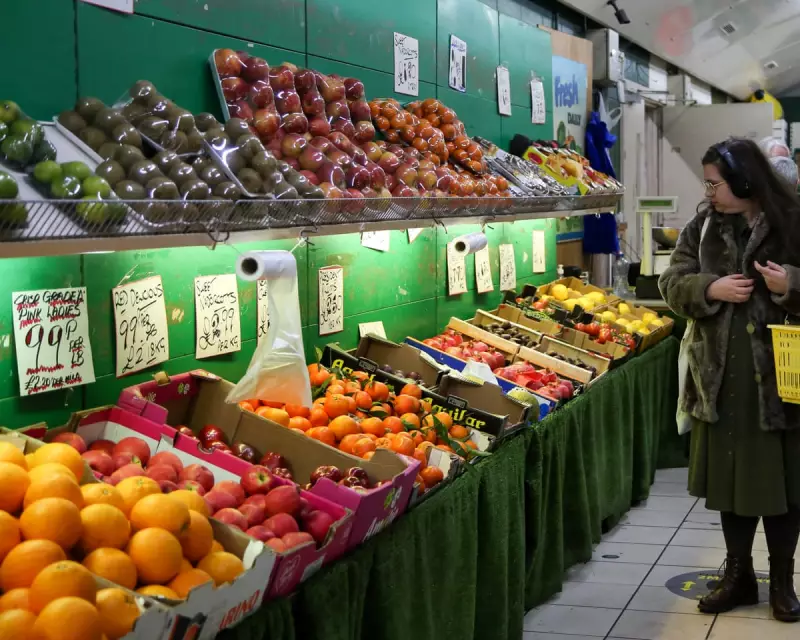
Walking through the automatic doors of British supermarkets has become an exercise in financial anxiety for millions. Where once shoppers filled their trolleys with confidence, many now approach the aisles with calculator apps open and growing dread about the final bill.
The Reality of the Weekly Shop
A recent nationwide survey reveals that over 85% of UK consumers report being genuinely shocked by current food prices. What was once considered routine grocery shopping has transformed into a strategic mission to stretch household budgets to their absolute limits.
"I used to do my big shop without much thought," says Sarah Jenkins, a mother of two from Bristol. "Now I find myself putting items back at the checkout when I see the running total. Last week, I had to choose between cheese and fruit - that's never happened before."
Where Prices Are Biting Hardest
The price increases aren't distributed evenly across the supermarket. Certain categories have seen particularly dramatic spikes:
- Dairy products - up 23% compared to last year
- Fresh meat and poultry - increased by 18% on average
- Essential cupboard staples like pasta and tinned goods - rising faster than inflation
- Fresh fruit and vegetables - seasonal variations becoming extreme
Coping Strategies Emerge
British shoppers are developing sophisticated strategies to manage their food budgets:
- Multiple supermarket trips to hunt for the best deals across different chains
- Downsizing brands from premium to value ranges
- Meal planning with military precision to eliminate food waste
- Rediscovering frozen foods as a cost-effective alternative to fresh produce
The Psychological Impact
Beyond the financial strain, there's a significant emotional toll. Many shoppers report feeling anxious and frustrated during what was once a routine household task. The constant mental arithmetic and trade-offs are creating what consumer psychologists are calling "supermarket stress syndrome."
"It's not just about the money," explains retail analyst Michael Thompson. "People feel a loss of control over their basic needs. When you can't afford the food your family needs without constant calculation, it affects your sense of security and wellbeing."
What Does the Future Hold?
With no immediate relief in sight, economists predict that these shopping habits may become permanent for many British households. The era of casual, abundant supermarket shopping appears to be giving way to a new reality of careful, calculated consumption.
As one shopper we spoke to put it: "You adapt, but you never really get used to it. Every time I shop, I'm reminded that the comfortable middle-class life I worked for is becoming increasingly difficult to maintain."





